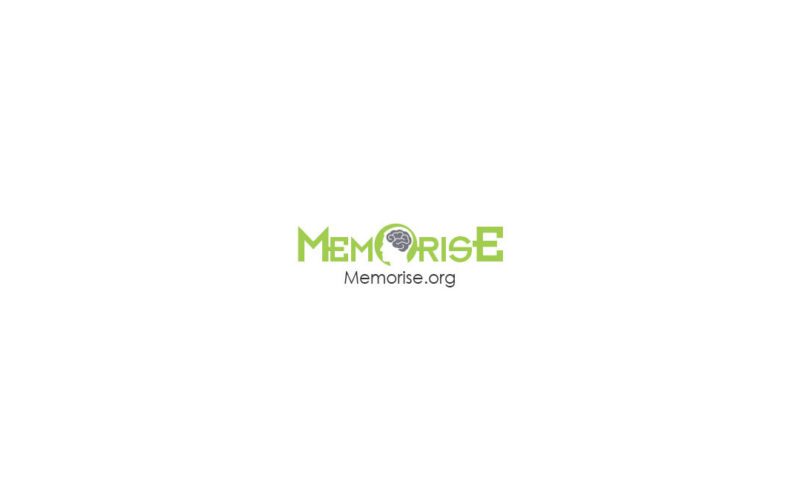When you look at the shelves of the supermarket, say the cereal aisle, what goes through your mind? Do you want a cereal high in fiber or low in sugar, one that has fruit and yogurt, or one that satisfies your chocolate craving? There are so many different types, how can you make a decision? After you make your choice to you second-guess yourself because you aren’t sure you made the right choice? If so, you are a victim of information overload! Is information overload good or bad for your memory? Does memory training help when dealing with information overload?
We are constantly hit with information we have to make a choice as to whether you want to make a choice, save the information, or delete it. We get hit with emails, cell phones with text messages, internet access everywhere, television, and so many other bits of information. We also can become confused when we are given too many choices or information, causing stress, difficulty making decisions and depression.
A funny example is from a 14th Century philosopher, Jean Brudain, who said that if a hungry and thirsty mule was given the choice between a bucket of water or a bale of hay he would die before he could make a decision. This may be a bit extreme, but it does show you that making a decision can be a very tiring experience.
Social psychologist Sheena Iyengar, conducted a simple experiment at a mall that had some interesting results. She offered shoppers a choice of free samples of different jams. The first time she offered six different jams. After sampling the jams 30% of the shoppers went on to purchase a jar of the product. The second time she offered a choice of 24 different samples of the jam. Shoppers appeared to be confused, and very few went on to purchase a jar. The result was that, given more choices made making a decision much more difficult, and so confused the shoppers that even if they liked the product they could not decide which one to buy, so they didn’t buy anything.
Researchers studying the “choice overload” theory believe that, when faced with too many options only one of two outcomes will result:
Either we fail to make any choice at all; or
We end up unhappy with the decision we did make because we believe we could have made a better choice.
When presented with a number of different choices that are pleasing to our senses — like the jam samples above, your brain gets tired trying to combine all the senses needed to make a judgment. It requires “executive function,” which takes away important resources from the brain and it gets tired. In one study, for example, researchers found that participants who made more choices in a mall experiment had trouble solving simple math problems. They discovered that we make poorer decisions when our brains are tired.
These experiments suggest that the brain works like any other muscle: when worn out it becomes less effective. If you have to face a big decision it is best to wait until your brain has had a chance to rest and regroup. Information overload is real and nothing to take for granted.
This is Ron White, and I am a two-time USA Memory Champion, memory training expert and memory keynote speaker.
Sources:
USA Today — Choice Overload Burdens Daily Life: http://www.usatoday.com/news/opinion/editorials/2004-01-05-edit_x.htm
Curiosity.com — Do too many options make it harder to choose?: http://curiosity.discovery.com/question/too-many-options-harder-choices
Discovery Channel video: <iframe id=”dit-video-embed” width=”640″ height=”360″ src=”http://static.discoverymedia.com/videos/components/dsc/d9d6a31154f41634391038d42ae53a1e8f3ecc94/snag-it-player.html?auto=no” frameborder=”0″ scrolling=”no” allowtransparency=”true”></iframe>
Information Overload, by William Van Winkle: http://www.gdrc.org/icts/i-overload/infoload.html
Wikipedia — Information Overload: http://en.wikipedia.org/wiki/Information_overload



